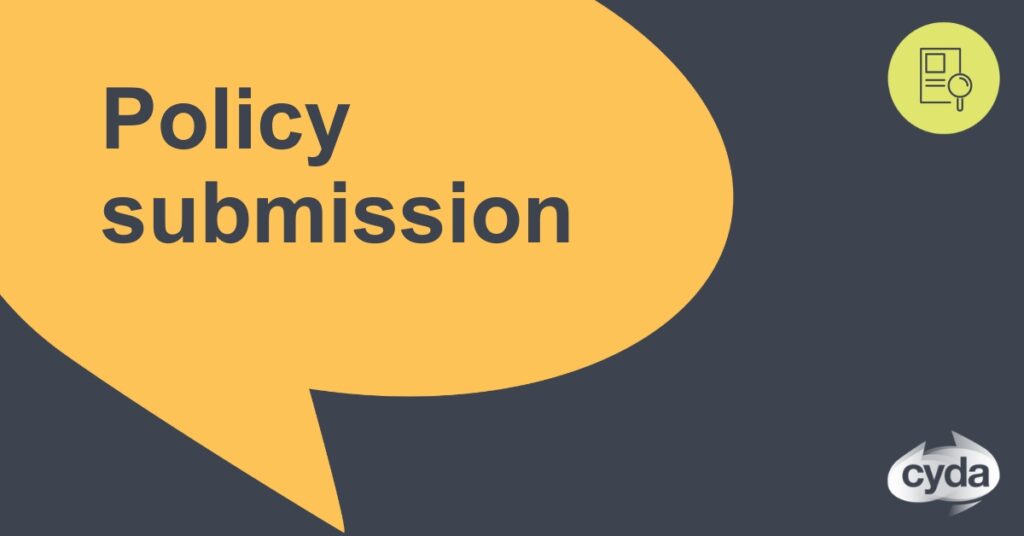While the majority of students receive some specific support at school because of their disability or learning difference, there are many families who are out-of-pocket for supports and equipment to enable the student to participate in education. Many students do not have a personalised individual education plan in place.
You can download our full submission using the buttons above.


